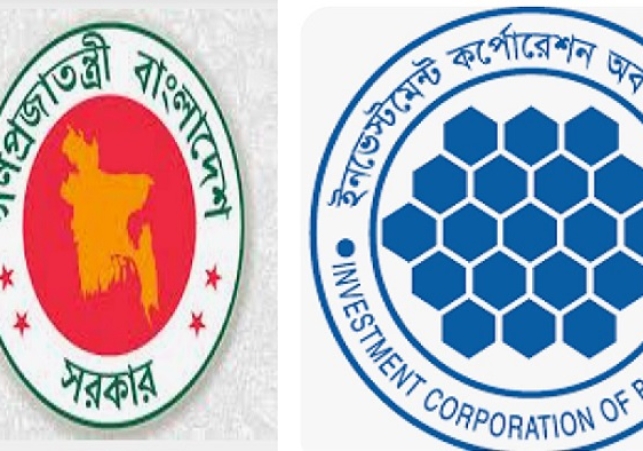The Ministry of Finance gave Tk 1,000 crore to the Investment Corporation of Bangladesh (ICB) on Monday in an effort to lessen capital market volatility. The information was verified by Niranjan Chandra Debnath, Managing Director of ICB.
He said that although ICB had sought a total of Tk 13,000 crore in support, the government initially approved Tk 1,000 crore as a soft loan. The loan must be repaid within 10 years, with a one-year grace period. After that, installments will be paid every six months, including the principal and 5% interest.
Niranjan Debnath stated that the fund will be invested in the stock market very cautiously to help stabilize the market and ensure ICB’s repayment capacity.
Due to massive losses in ICB’s old portfolio, the investment committee is currently allowed to invest only in ‘A’ category shares. In the last fiscal year (2024–25), following proper accounting standards, ICB reported consolidated losses exceeding Tk 4,856 crore.
ICB Chairman Professor Abu Ahmed said that long-standing corruption and poor investment decisions at the wrong times have significantly eroded the value of a large part of ICB’s portfolio. Many shares have fallen by up to 90% from their purchase prices. However, historical investments in blue-chip stocks helped offset some of the losses, he said.
He also noted that due to past corruption and incompetence among officials, heavy investments were made in overvalued shares. Moreover, there was no encouragement to exit bad investments quickly to minimize losses. Even honest officials were afraid to acknowledge losses in time because it could trigger complications during government audits.
Managing Director Niranjan Debnath said, “To survive and regain our former strength, we need liquidity. We are reforming ourselves to keep pace with the modern market.”
Meanwhile, on Monday, the DSEX the main index of the Dhaka Stock Exchange rose to 5,024 points, a significant recovery from the recent low of 4,620 points on 16 November.
According to analysts, the government’s support came at the right time, when shares in the market are relatively cheap. Akramul Alam, Head of Research at Royal Capital, told the Times of Bangladesh, “Currently, 79% of A-category companies are trading below their 52-week average price. This has created a major investment opportunity from a technical point of view. At the same time, economic indicators suggest falling interest rates and rising corporate earnings factors that will positively impact the market.”


